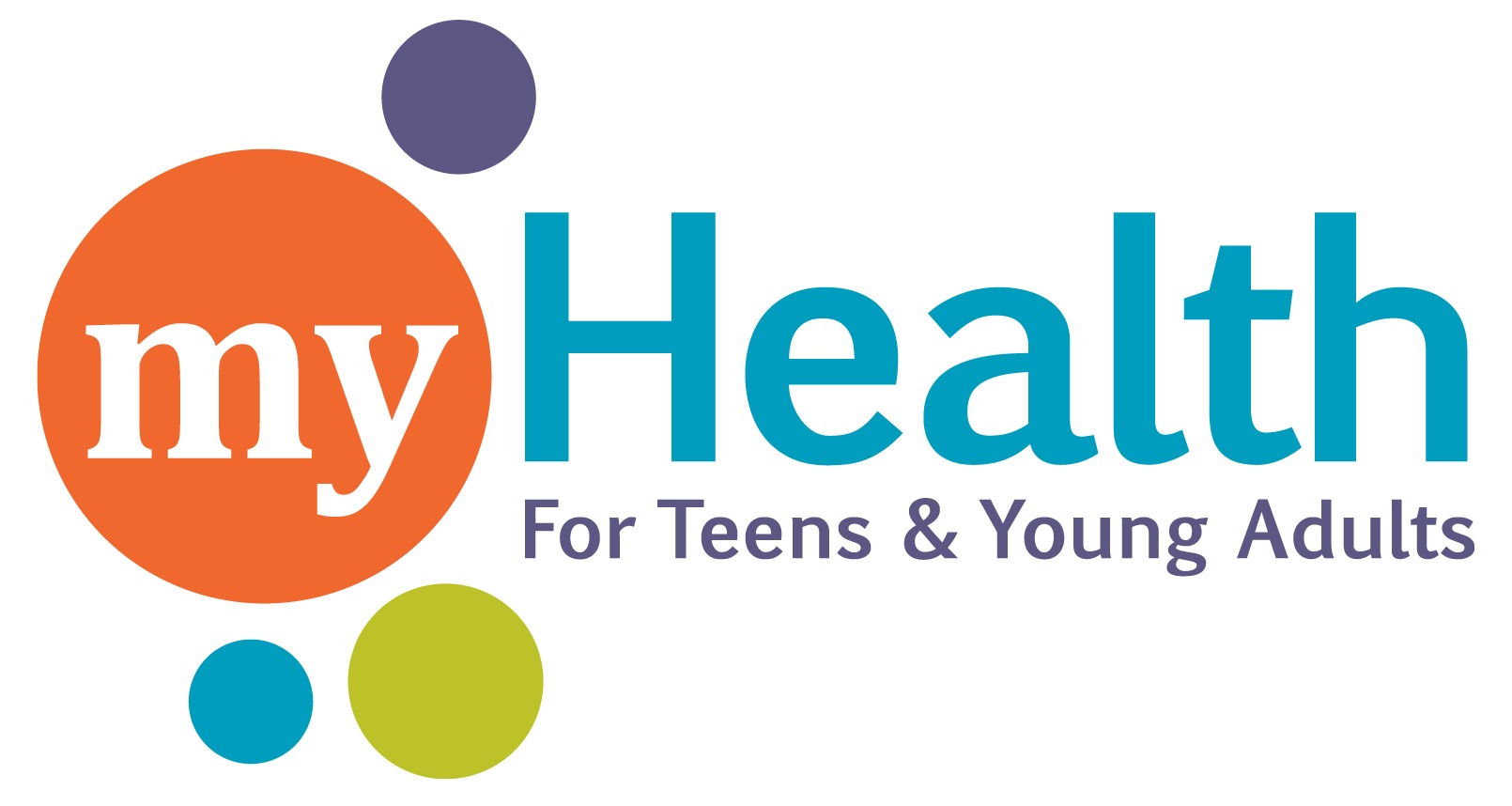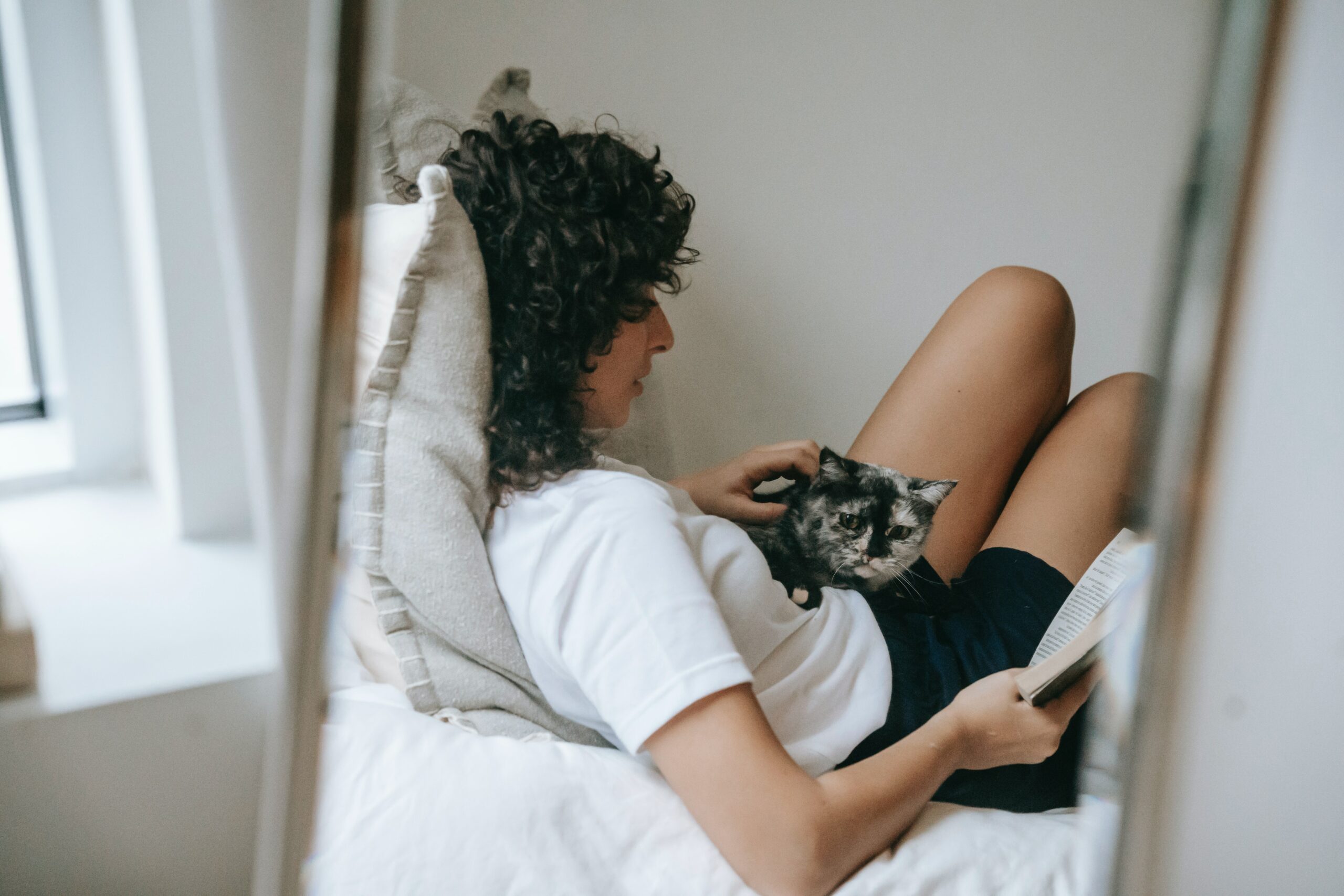You’ve heard of body positivity, but what about body neutrality? With nearly 4 out of 5 women and 1 out of 3 men expressing dissatisfaction with their bodies, it’s important to find strategies that help a wide variety of people. If one person finds it easy to be body positive, another may truly struggle to think positivity about a body image struggle they’ve had since they were young.
And unfortunately, body image struggles does tend to begin at a young age. In fact, 95% of people with eating disorders are between the ages of 12 and 25, which matches almost exactly the age range served by myHealth for Teens and Young Adults.
Body neutrality provides a framework to feel neutral or better about yourself on days where body image is a struggle. Body neutrality is all about removing guilt, respecting your body, and challenging negativity.
Let’s examine seven ways to practice body neutrality. And if these habits lead to positivity, that’s fantastic too!
1. Think Healthier, Not Skinnier
A lot of health plans focus on body shape and dieting, which can have undesired side effects:
- Unrealistic body image
- De-emphasizing health
- Nutrition imbalances
- Risk of developing eating disorders
Focusing on your health rather than your weight can improve both your physical and mental health. Find healthy habits that feel attainable and sustainable so that you can achieve many years of good health. After all, the goal of learning about health is to be healthy! What that looks like to an outside observer is going to vary from person to person.
Honor your body by finding a variety of foods that fuel it Talk to your health care provider about foods that you can add that could improve your quality of life.
Energize your body by moving it in ways that feel good. It’s important to talk to your health care provider about your activity levels, especially if you want to make a significant change in your activity levels. They can help you achieve your goals in a way that reduces the risk of injury.
2. Find Supportive People
We’re all in this together. Spend time with people who are supportive of your goals. On social media, make a point of following people that are body neutral/body positive. When you see a variety of people with a variety of body types, your perceptions will better align with what people actually look like in the real world! This can help produce body neutral feelings.
Don’t filter out different body types in your brain. Consider how different people might feel in their bodies and accept them the same way you would want them to accept you and your body.
3. Complement Others
There are qualities that your friends have that you really appreciate but you’ve never mentioned to them. Tell them! Sharing what you like about people can be a great way to strengthen your friendship. And don’t your friends deserve to feel good about themselves too?
But this isn’t just about them. When you see the beauty and value in others, you are better able to see the beauty and value in yourself too. Some of us are prone to unrealistically negative opinions about ourselves. Sharing a compliment about someone’s style or kindness opens your heart to see yourself more honestly too.
4. Practice Setting Boundaries
Sometimes people make unwelcome comments about you that make you feel uncomfortable. It is completely normal and healthy for you to set boundaries with people to limit those experiences.
Here are some examples of how you can set boundaries with people:
- Tell someone a certain subject is off-limits. “My acne is a topic for me and my doctor.”
- Remind people that a conversation needs to be respectful. “We can talk about my diet, but if things get too heated or disrespectful, we’ll need to end the conversation.”
- Stick to your boundaries. “You know talking about my weight is a hard line for me. We can change the topic, or I’m going to have to leave.”
Some people won’t respect your boundaries, and you may choose to spend less time with them. But if any conversation gets stressful for you, it’s okay to take some time to yourself. (See item 6 below!)
5. Use Social Media Less
Studies show that social media use is correlated with negative thoughts and anxiety. And not just anyone’s studies: Instagram’s internal studies found that the app facilitates body image problems. Over 40 percent of young people who report feeling “unattractive” said the feelings started when using Instagram.
Social media is an experimental force in our society. You’re not wrong to want to keep its influence on the sideline. One way to do that is find 30 minutes you would usually spend on social media and replace it with something else like music, games, exercise, or meditation.
6. Do a Nice Thing for Your Body
Do something that says, “Hey body, thanks for sticking with me. Enjoy this one on me.”
Examples:
- Sitting on the grass
- Taking a bubble bath
- Getting a massage
- Listening to music (and just music)
- Taking a nap
- Doing deep breathing
- Writing down what you’re thinking and feeling
Try a couple of these ideas or make up some healing routines of your own.
7. Practice Helpful Affirmations
Find some things you like about yourself, physical or non-physical. Remind yourself of those things in the morning. Set the tone of your day.
Each person consists of so many parts. Acknowledging your whole self is an important part of your mental health. This means acknowledging the parts of yourself that give you joy, yes, but also confronting areas that are tougher for you.
This is where body neutrality comes in. You don’t have to pretend things are different than they are. You don’t have to feel positive all the time. You can find a neutral place to start your day and find a respectful relationship with your body.
Here are some ideas for body neutral affirmations:
- “I am grateful that my body keeps me going.”
- “I deserve to wear clothes that I like.”
- “I will respect my body.”
- “I deserve to enjoy myself.”
- “This is my body. I accept my body.”
Conclusion
While there’s no perfect solution to body image struggles, practicing body neutrality can help. If you find that a consistent practice of body neutrality is not relieving your symptoms of distress, it may be time to speak with a mental health counselor. You can call myHealth at 952-474-3251 to ask about counseling services. Our wonderful therapists are equipped to help!


